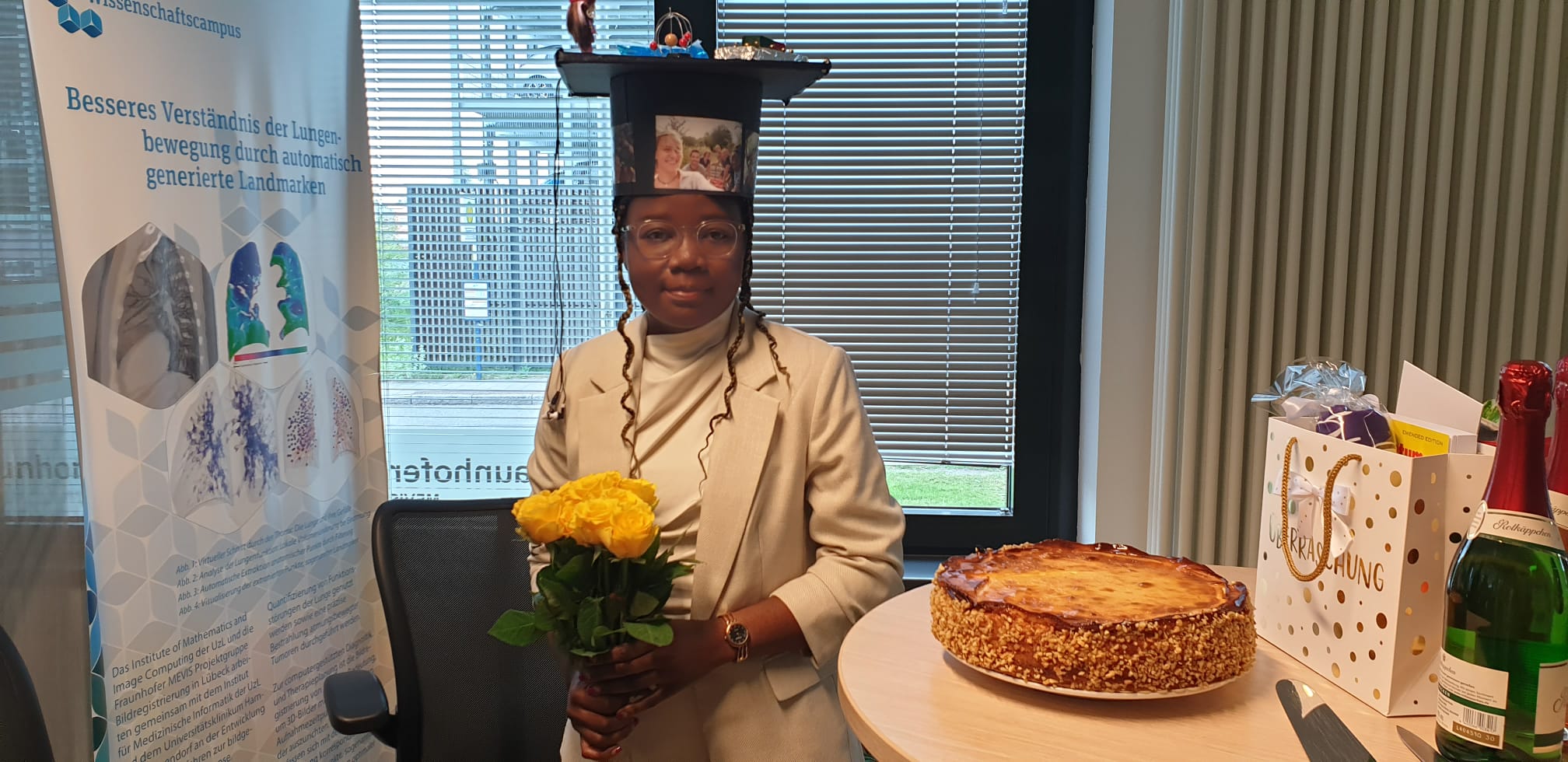Quantum Binary Optimization
Talk, ECCV 2024, Quantum Computer Vision and Machine Learning, Milan, Italy
Talk summary
Binary optimization is an omnipresent problem in computer vision. It helps, for example, to model decision problems such as labeling, matching, tracking, clustering, and more. However, solving binary optimization problems classically is challenging due to their discrete and combinatorial nature. Over the last few years, quantum computing, especially adiabatic quantum computing, has shown promising results in solving binary problems, raising the question of whether more efficient solvers exploiting quantum properties could be designed. In this talk, I discuss quantum solvers for binary optimization problems. Specifically, I will present a variational solver that splits the task hybridly into quantum and classical parts, where a quantum computer executes only some specific, ideally quantum-native tasks, and a classical computer runs an optimization procedure to optimize the objective function. I will show how to evaluate the objective and even compute its analytical gradient on the quantum hardware, allowing the use of gradient-based sub-solvers for optimizing the objective. [Slides]

 Talk for my Ph.D. thesis defense.
Talk for my Ph.D. thesis defense.